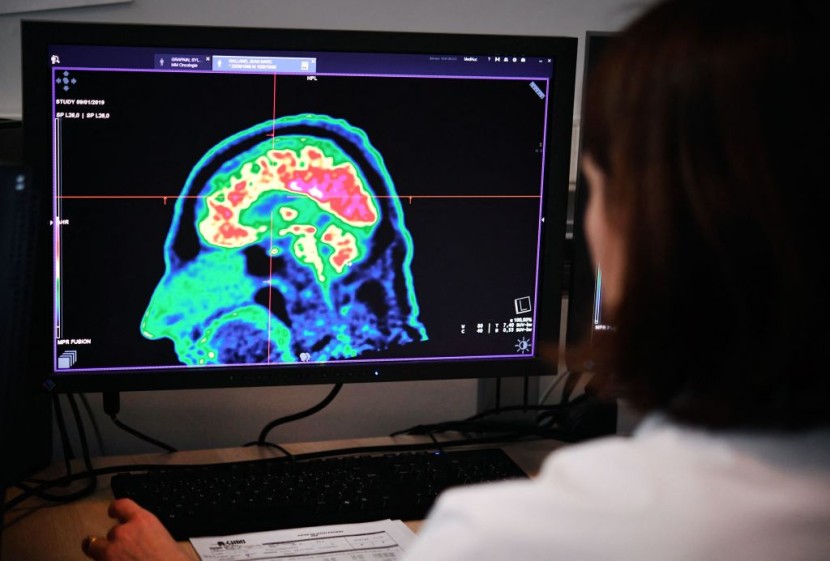In a remarkable breakthrough, Scientists from the University of Gothenburg in Sweden have announced an important discovery in the field of neurology. They have introduced a revolutionary blood test that has the ability to identify early signs of Alzheimer's Disease (AD) up to 15 years before any symptoms appear.
The discovery, reported by The Times of London, revolves around the identification of phosphorylated Tau 217 (pTau 217), a protein closely associated with AD.
Blood Test Revolutionizes Alzheimer's Disease's Diagnosis

The researchers, conducting a major trial, demonstrated that this blood test, already commercially available, matches the accuracy of the current gold standard for Alzheimer's diagnosis. It not only simplifies the diagnostic process but also eliminates the need for invasive procedures.
For the first time, doctors can now categorize an individual's dementia risk as 'likely,' 'intermediate,' or 'unlikely' based on a simple blood test, revolutionizing the diagnostic landscape. This development could potentially transform Alzheimer's diagnosis into a routine procedure, comparable to screening for conditions like high cholesterol.
Results from the blood test could be obtained within days of a patient's visit to their general practitioner, significantly reducing the time required for diagnosis compared to current procedures that can take years. This expedited diagnostic process may also lead to profound implications for future treatments, bypassing the lengthy waits associated with spinal taps or brain scans and accelerating clinical trials.
Developed by diagnostics company ALZpath, the blood test exhibited an impressive 97 percent accuracy in detecting pTau 217 traces during an eight-year trial involving 786 participants. The test measures levels of pTau217 in the blood, correlating with the levels of amyloid and tau proteins observed in brain scans and lumbar punctures, according to Daily Mail.
Affordable Alzheimer's Diagnosis
The groundbreaking nature of this blood test lies in its potential to provide a swift and reliable diagnosis, especially with promising treatments like donanemab and lecanemab on the horizon. Professor David Curtis from the UCL Genetics Institute emphasized the significance of combining a simple screening test with effective Alzheimer's treatments, envisioning a substantial impact on individuals and society.
As Alzheimer's remains a prevalent challenge, affecting around 900,000 people in the UK, and with projections estimating a rise to 1.6 million by 2040 due to the aging population, an affordable screening tool becomes imperative.
While previous blood tests have shown promise, the excitement surrounding this breakthrough stems from its high accuracy levels, a substantial study size, and the test's existing availability. It is the first blood test identified to be as effective as a lumbar puncture in detecting elevated tau protein levels.
The test, priced at around $191.01, could also serve as a monitoring tool for a patient's condition, enabling more tailored trials or treatment plans in the future. Dr. Richard Oakley, associate director of research and innovation at the Alzheimer's Society, commended the study for showcasing the potential of blood tests to be as accurate as more invasive tests, potentially streamlining the diagnosis pathway.
While the blood test is currently classified as a medical device and awaits regulatory approval in the UK, it could feature in NHS trials starting this month, aiming for widespread implementation within the next five years. Private healthcare providers might adopt the test sooner based on the University of Gothenburg researchers' findings, allowing individuals to opt for the test before it becomes a routine part of healthcare, The Independent reported.
© 2026 HNGN, All rights reserved. Do not reproduce without permission.








